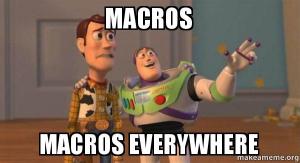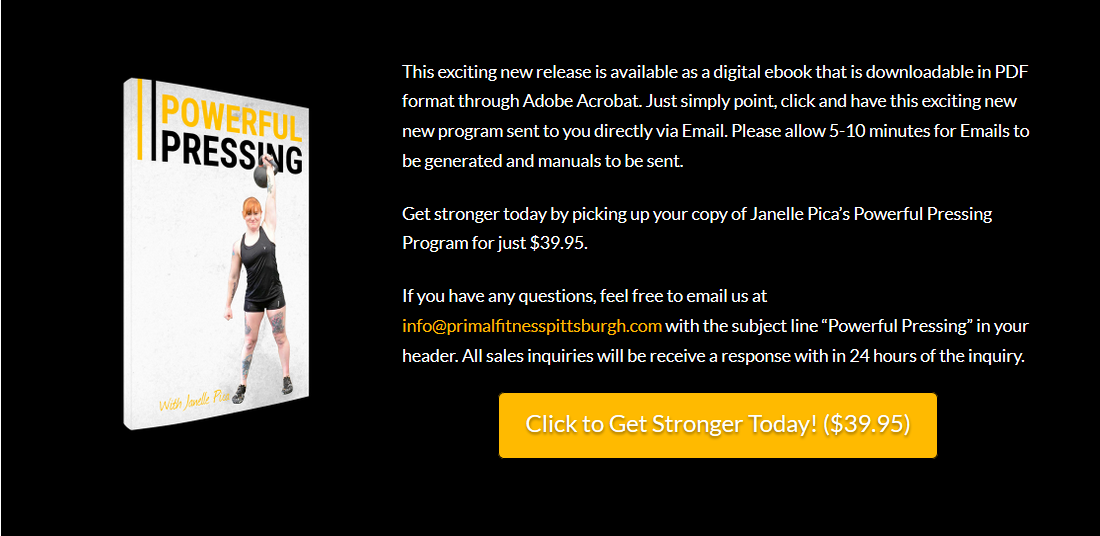Whether you’re a marathon runner or you’re swinging kettlebells here at Primal Fitness Pittsburgh, you probably have one thing on your mind before and after a workout: FOOD. Okay, is that just me? It seems as though every conversation mid-workout leads to pork belly…
Proper nutrition will help build and repair muscle and give you the energy to get through the toughest circuits. This is a matter in which both quality and quantity matter equally, folks. You need enough of the good stuff to perform well and see results.
But what about supplements and powders and shakes, oh my, you say? Well, the bottom line is that you probably don’t need to bother with ’em. If your workout routine is like most of ours, and you’re not a competitive athlete, real foods will take you far. On the contrary, eating too little or eating a diet comprised of mostly processed foods will stunt your progress in the gym much more than choosing not to drink whey protein after your workout.
Diving in deeper, you may be wondering about the topic of macronutrients. Some people swear by counting (i.e. the IIFYM crowd), but rest assured – you don’t have to go through this. While you should understand the basics of macronutrients – what foods are fats, proteins, and carbs and when you should eat what throughout the day – real results do not necessarily require you to play the numbers game.
Fueling up and replenishing before and after your workout is as simple as you make it. Just remember; the focus should be on real food, and you should always take an individual approach. What works for someone else may not work quite as well for you, and that’s okay! Getting to know your body takes time. For now, I’ve got some simple rules of the macronutrient to follow and some guidelines to keep in mind.

Protein
Ah, protein. This is the gym-rat’s best friend. It is the macronutrient that can do no harm. It’s a magical, elusive concept that we guzzle and gobble oftentimes without questioning why we’re doing so. What’s the real deal?
- Protein is necessary for functional use in ALL bodies. Someone who is completely sedentary and someone who hits the gym 4 times per week will generally have similar protein requirements.
- You should aim for approximately 0.8 grams of protein per pound of bodyweight. If you weigh 150 pounds, 120 grams of protein per day is plenty. If you are a strength athlete, 1 gram of protein per bodyweight is sufficient. There is very little need to aim for more than that.
- Protein should be included in meals both before and after your workout.
- The best sources of protein come from healthy animal sources. Your body will better absorb nutrients from whole-food animal sources rather than plant protein, and it’s more easily digested. If whey or a protein shake is a more convenient option, it’s certainly a viable one. Remember, though, “Abs are made in the kitchen, not the gym” so get cooking!

My philosophy:
I choose whatever protein my heart desires before a workout. This means I eat fatty cuts of meat, eggs cooked in coconut oil or ghee, or omega-3 rich salmon for breakfast most mornings. The combination of both fat and protein gives me plenty of energy to push through the actual workout and provides me with momentum to follow through with the busy day ahead. It also promotes satiety so a tough circuit doesn’t leave me ravenous. This is the golden pre-workout combination in my opinion. Alternatively, some workouts call for an empty stomach. If my gym sesh is early in the morning, I decide based on specific activity. I perform well doing high-intensity intervals without breakfast, while a long run constitutes a proper meal (and digestion period) before I step out the door. After a workout, I don’t crave as much fat on my plate. I generally opt for a lean cut of meat like chicken breast, turkey burgers, or canned tuna.
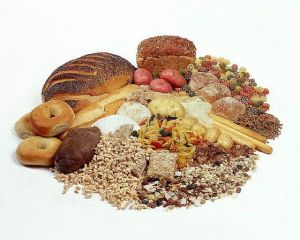
Carbs
This is the aspect of pre and post-workout nutrition that is undoubtedly the most controversial. Timing, source, and purpose are discussed from every angle, and it’s confusing to navigate. What carbs should we be eating and when? More importantly, why?
- If you’re working out at high-intensity i.e. kettlebell circuits or sprint intervals, your body is burning more carbohydrates than fat. Give it something to work with!
- Low-intensity and moderate-intensity movement require some energy from carbs as well. Most people do well with a moderate intake regardless of activity levels; this should be determined on an individual basis.
- Low-carb diets are popular for weight loss, but they aren’t ideal for athletic performance. A paleo diet, which is inherently lower carb than the standard American diet, can still provide you with enough energy from starches to fuel your most intense workouts.
- “Carb-loading” likely isn’t necessary unless you are competing or running long distances. Once again, moderation is the key to carbs. Use it!
- If you exercise in a fasted state, it’s relatively important to eat your carbs after a workout to replenish your glycogen stores. You should also replenish if you’re working out twice a day. Otherwise, your stores will fill up by the next workout quite naturally.
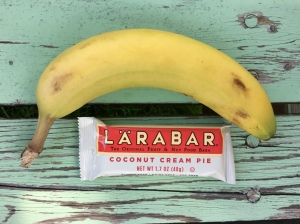
My philosophy:
Carbs just aren’t in the picture for me most mornings. If I have too much starch or fruit early in the day, my body wants more all day which throws my hunger signals out of whack. If I focus on just fat and protein in the morning along with greens or cruciferous veggies like cauliflower or brussels sprouts, I stay fueled, full, and focused for a lot longer than if I eat a heaping plate of potatoes with my eggs. The only reason this changes is if my workout changes; sprints, attempting to achieve a PR, or extended periods of movement should be fueled accordingly. This simply isn’t the case for me most mornings. After my workout, I like to indulge in a little starch. I follow a paleo diet, so I don’t eat grains at all including rice. Rice is a perfectly suitable option for the primal athlete, but my preferred carb sources come from sweet potatoes and plantains. They’re versatile, delicious, and easily paired with other veggies and meat. I generally pair them with lean protein and just a little fat for cooking after a sweat session. I don’t find that I need more, and with a serving of fruit per day, I can easily reach 100 grams of carbs (my sweet spot!) without the help of bread. If I’m on the go after my workout for more than an hour, I reach for a Larabar which provides a nice carb boost from dates with protein and fats from nuts.
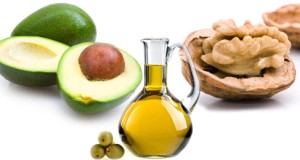
Fat
When we think about our workout nutrition, we often place such an emphasis on protein and carbs that we forget about this key component: fat! Let’s give it a little love. Here’s why:
- If you follow a paleo diet, you’re not getting as many carbs as they average person. If you’re not replacing that energy with some quality fats, you’re either a) not getting enough nutrition or b) loading up way too much on protein.
- Your body wants to burn fat! Long-distance runners, hikers, and endurance athletes in particular should ensure that they get enough dietary fat.
- Quality of fat sources matters. Big time. Coconut oil, avocado oil, and animal fats like tallow and lard are good to cook with because they’re healthy and have high smoke points. Olive oil is best reserved for salad dressing as its nutrition is compromised when cooked. Avocados and nuts make great snacks, spreads, and dips.
- Timing of fat consumption doesn’t matter much in regards to your training schedule, but it’s best eaten at every meal to promote satiety and give you sustaining energy.

My philosophy:
I am a fat enthusiast! Ask me about my favorite foods, and they are packed with healthy fats. I feel my best while training and while going about my day on a high fat diet. I aim for 80-90 grams per day, but I don’t sweat it if I have a little more. As I mentioned, I follow a paleo diet with a fairly low-moderate carbohydrate intake most days; if I do not ensure that I eat enough fat, I begin to feel the effects. My brain and body work better if I have a half an avocado on my lunch salad or have some bacon in my breakfast. I include fat at every meal, but I pack the majority of my intake in during breakfast and lunch which are most often my pre and post-workout meals. I tend to focus on fat from animal sources as it’s better digested by the body and more nutritious overall. Lastly, I don’t find that eating fat after my workout is of the utmost importance in regards to recovery or the way I feel throughout the day.
Does it make a little more sense now? Again, this is about you! Experimenting with food combinations before and after your workout is a highly personal journey, and it’s one worth taking. If you understand what certain foods do FOR the body, you can then decide what they’ll do for YOUR body.
Master Your Instincts!
